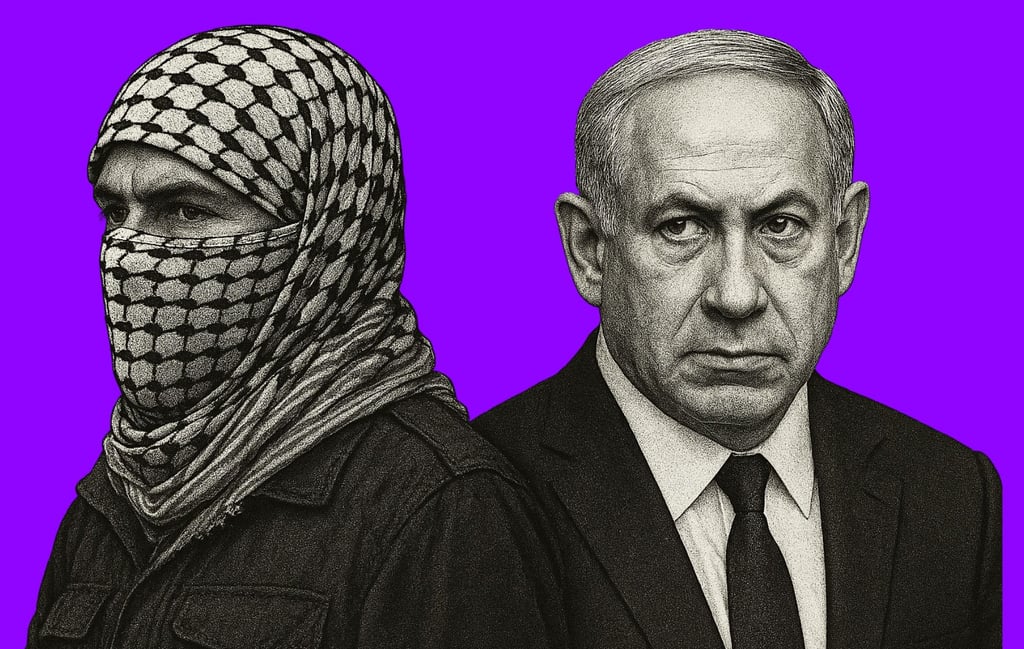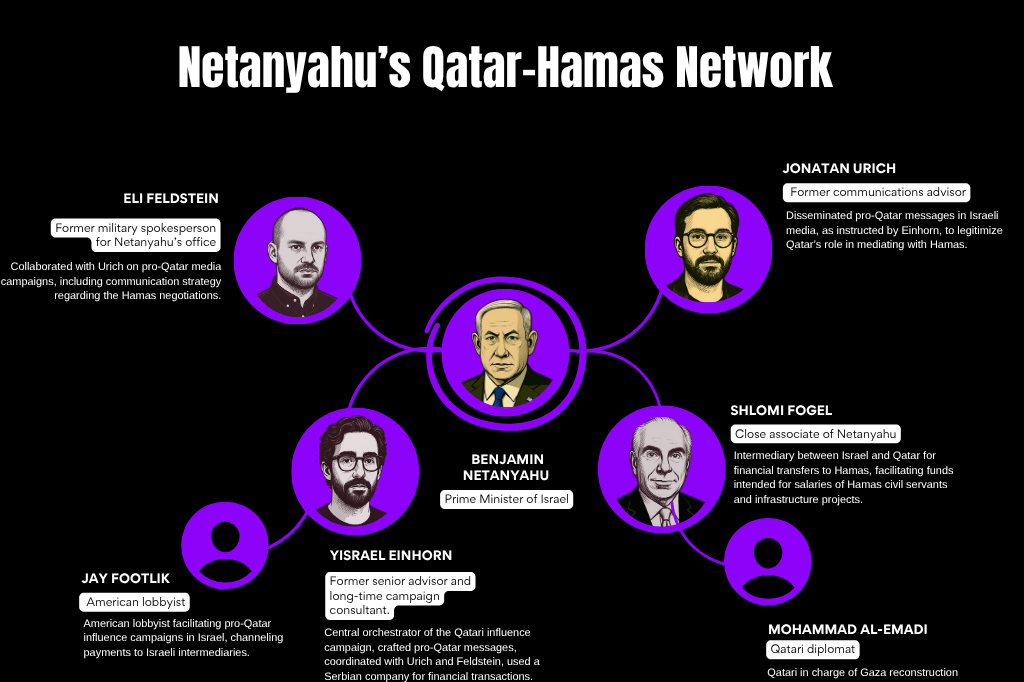Netanyahu and Hamas: Financial Flows and Political Calculations in Gaza
Since 2009, under Benjamin Netanyahu’s successive governments, media and judicial revelations have exposed a double game in Israel’s policy toward Gaza.
10/14/20254 min read




Hamas and Likud: A Long-Term Strategy
Since the 2000s, Israel has pursued a strategy of strengthening Hamas in Gaza while weakening the Palestinian Authority (PA) in the West Bank. The goal was to maintain Palestinian political division and prevent the consolidation of a unified Palestinian state. Hamas, as a religious movement, was easier to portray to the international public as extremist—especially by associating it with jihadist groups such as ISIS. This perception made it easier to justify military operations and political pressure in the name of combating terrorism and religious obscurantism, whereas targeting secular nationalist movements like Fatah or the PLO was harder to legitimize.
In 2015, Israeli Finance Minister Bezalel Smotrich summed up this logic: “The Palestinian Authority is a burden; Hamas is an asset.”
Financial transfers to Gaza—particularly from Qatar—were facilitated by Israeli intermediaries, officially to stabilize the situation on the ground and ensure Israel’s security. Also in 2015, Hamas officials including Moussa Abu Marzouk and Khaled Meshaal acknowledged the existence of indirect contacts with Israel. Four years later, at a closed Likud meeting, The Jerusalem Post reported that Netanyahu defended allowing Qatar to transfer funds to Gaza to pay the salaries of 22,000 Hamas civil employees.
Shlomi Fogel: The Discreet Middleman in Gaza’s Financing
Since the early 2010s, Israeli billionaire Shlomi Fogel, a close associate of Benjamin Netanyahu, has acted as an intermediary between Israel and Qatar in the funding of civilian projects in Gaza. According to several journalistic investigations, he maintained close contact with Mohammad al-Emadi, the Qatari diplomat overseeing reconstruction programs in the enclave. These exchanges aimed to facilitate Qatari funds approved by Israel, officially intended for paying Gaza’s civil servants and stabilizing the territory’s economy.
In 2016, in an interview with Globes, Fogel defended these financial operations, stating that “investment in Gaza’s economy” was, in his view, “an investment in Israel’s security.” The strategy behind these financial flows was to keep Hamas in power, ensuring a lasting political separation between Gaza and the West Bank.
After October 7, 2023, Fogel’s name resurfaced in the Orbis/SRS affair. This private company, selected without a public tender to coordinate humanitarian aid distribution in Gaza, was reportedly linked to figures close to the Prime Minister’s Office. Fogel denied any direct involvement, but several Israeli outlets mentioned possible conflicts of interest due to his business ties and political proximity to Netanyahu’s inner circle. So far, no judicial proceedings have been launched against him in Israel.
Qatargate and Political Manipulation
The so-called “Qatargate” affair erupted in early 2025. An investigation by The Times of Israel revealed that several close aides to Benjamin Netanyahu had conducted media campaigns in favor of Qatar, then serving as Israel’s main mediator with Hamas during negotiations over Israeli hostages held in Gaza following the October 7 attacks.
Among them, Eli Feldstein, former military spokesperson at the Prime Minister’s Office, and Jonatan Urich, Netanyahu’s communications adviser, were indicted in March 2025 for leaking classified documents, maintaining contact with a foreign agent, and compromising state security. Two other figures were involved in Qatargate: Yisrael Einhorn, a former advisor to Netanyahu, who coordinated the pro-Qatar media campaign and guided the dissemination of messages; and Jay Foutlik, an American lobbyist, who supported the financial and strategic links between Qatar and the Israeli intermediaries.
According to the investigation, these officials sought to improve Qatar’s image in Israeli and international media. The goal was to legitimize Qatar’s role as an indispensable intermediary between Israel and Hamas, and to facilitate the continuation of Qatari money transfers to Gaza, which had been approved by the Israeli government. Between 2018 and 2021, these payments amounted to around $30 million per month—officially for humanitarian aid but also effectively helping to keep Hamas in power.
For Netanyahu’s allies, this approach preserved a form of stability in Gaza without requiring Israel’s direct involvement. The political calculation was clear: a weakened but manageable Hamas under Qatari supervision was preferable to a resurgence of the Western-backed Palestinian Authority.
Within this framework, Qatar was presented as a “useful” actor, while Egypt—Israel’s key security partner but hostile to Hamas due to its ties with the Muslim Brotherhood—was portrayed as less “cooperative” in mediation efforts. In reality, this media strategy sought to preserve a pragmatic yet controversial alignment between Israel and Qatar, built on a shared interest in maintaining the status quo in Gaza.
What's next ?
Since October 7, revelations surrounding Qatargate and renewed scrutiny over Hamas’s financing have reignited debate in Israel about its Gaza policy—especially regarding the construction of roughly 500 kilometers of underground tunnels. These suspicions add to an already explosive domestic situation for Benjamin Netanyahu, who has been indicted for corruption, fraud, and breach of trust in multiple cases. Although these proceedings are currently suspended during his term (to avoid paralyzing the executive branch), they remain pending. The stability of his governing coalition—already strained by internal divisions and the ongoing war in Gaza—appears increasingly uncertain. If this fragile majority collapses, Netanyahu would lose his immunity and be once again confronted by the Israeli judiciary. On October 14, 2025, Donald Trump, speaking at the Knesset, asked Israeli President Isaac Herzog to grant a pardon to Benjamin Netanyahu, downplaying the corruption allegations: “cigars and champagne, who cares?”.
SOURCES
The Times of Israel – Netanyahu’s close associate reportedly aided transfer of Qatari funds to Gaza
Haaretz – Netanyahu confidant expedited Qatari cash to Gaza, at Hamas request
Haaretz – Billionaire Netanyahu associate sought to buy crates in Gaza with Qatari money
Le Hamas et le monde - Leila Seurat
L'Orient Le Jour - Netanyahu aide, soldier accused in leak case that shook Israel
